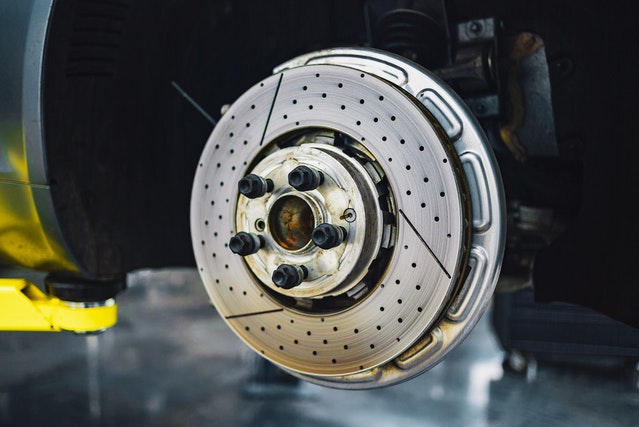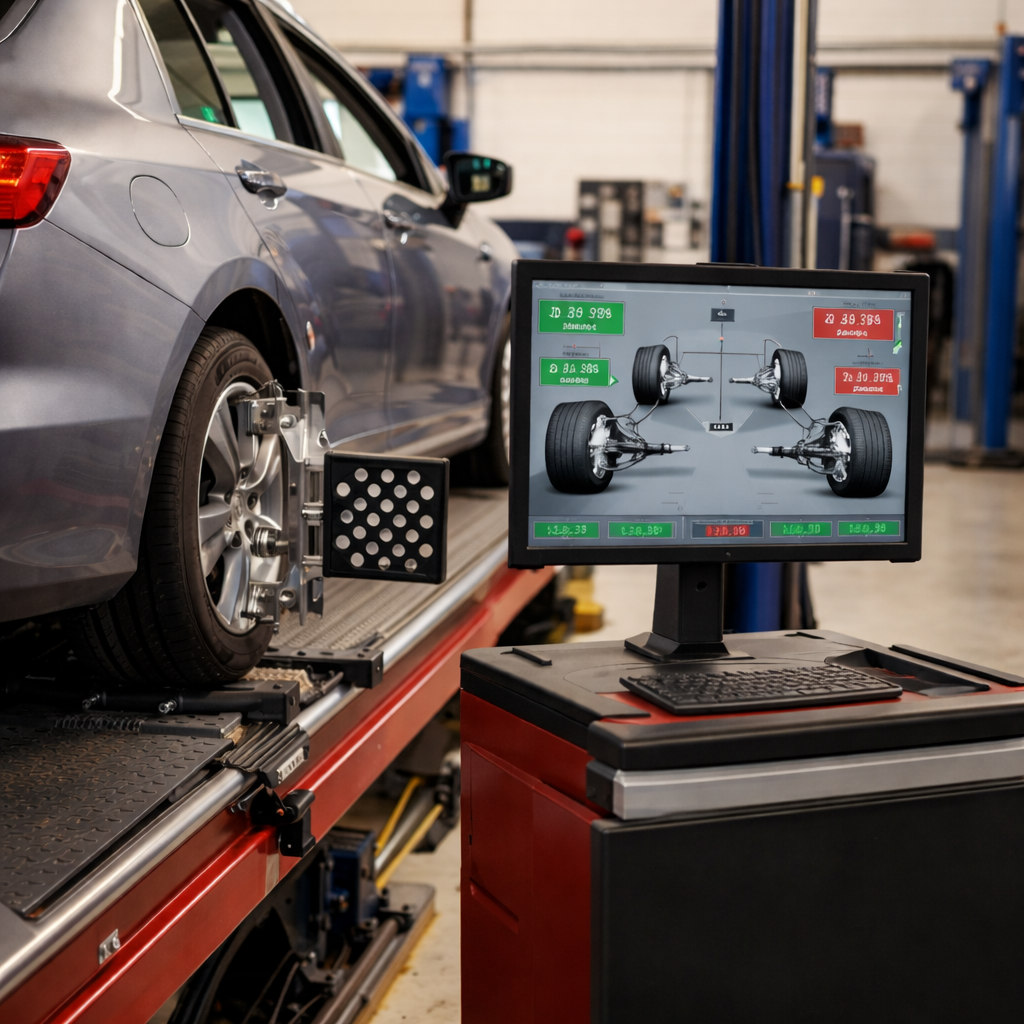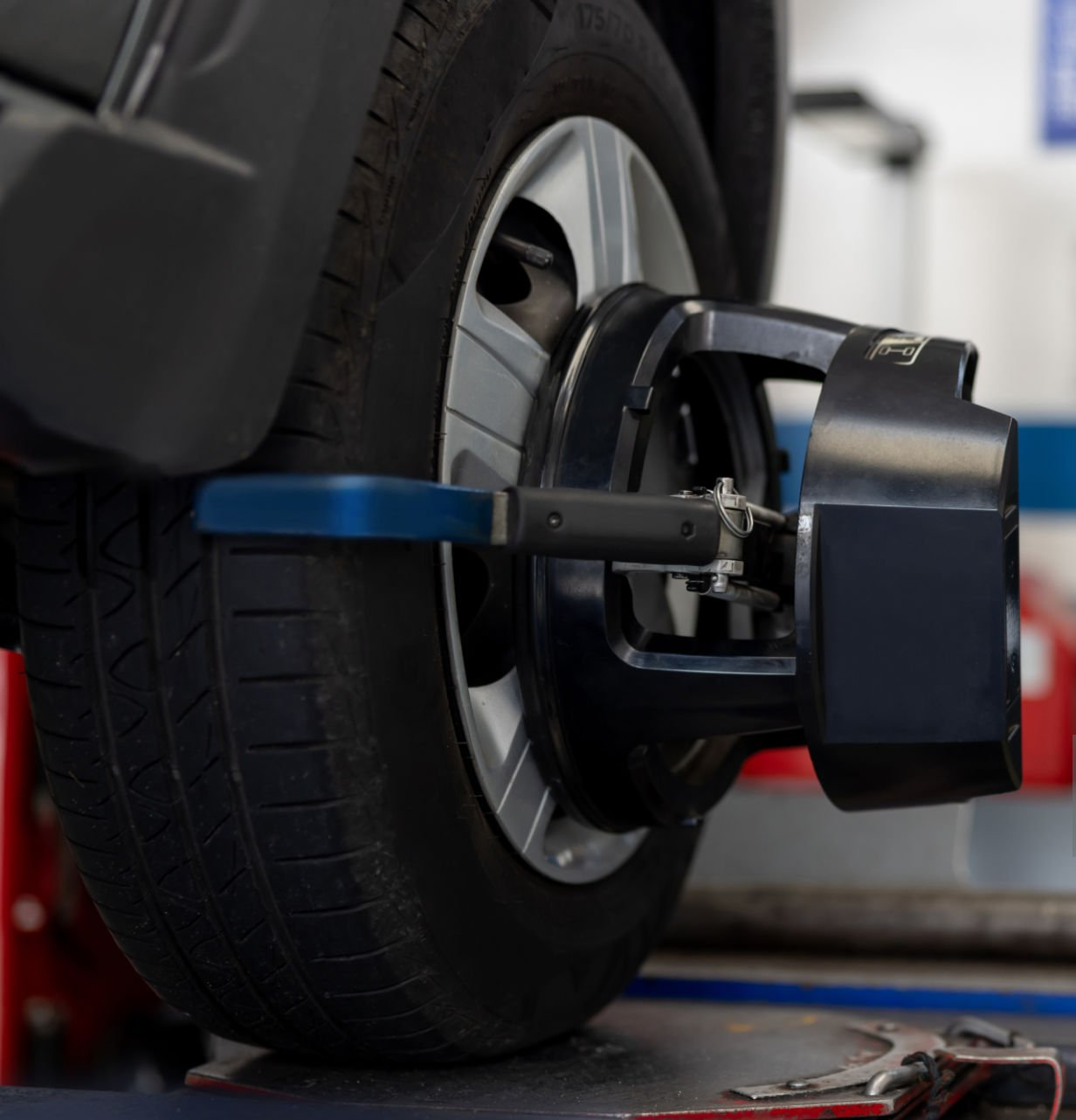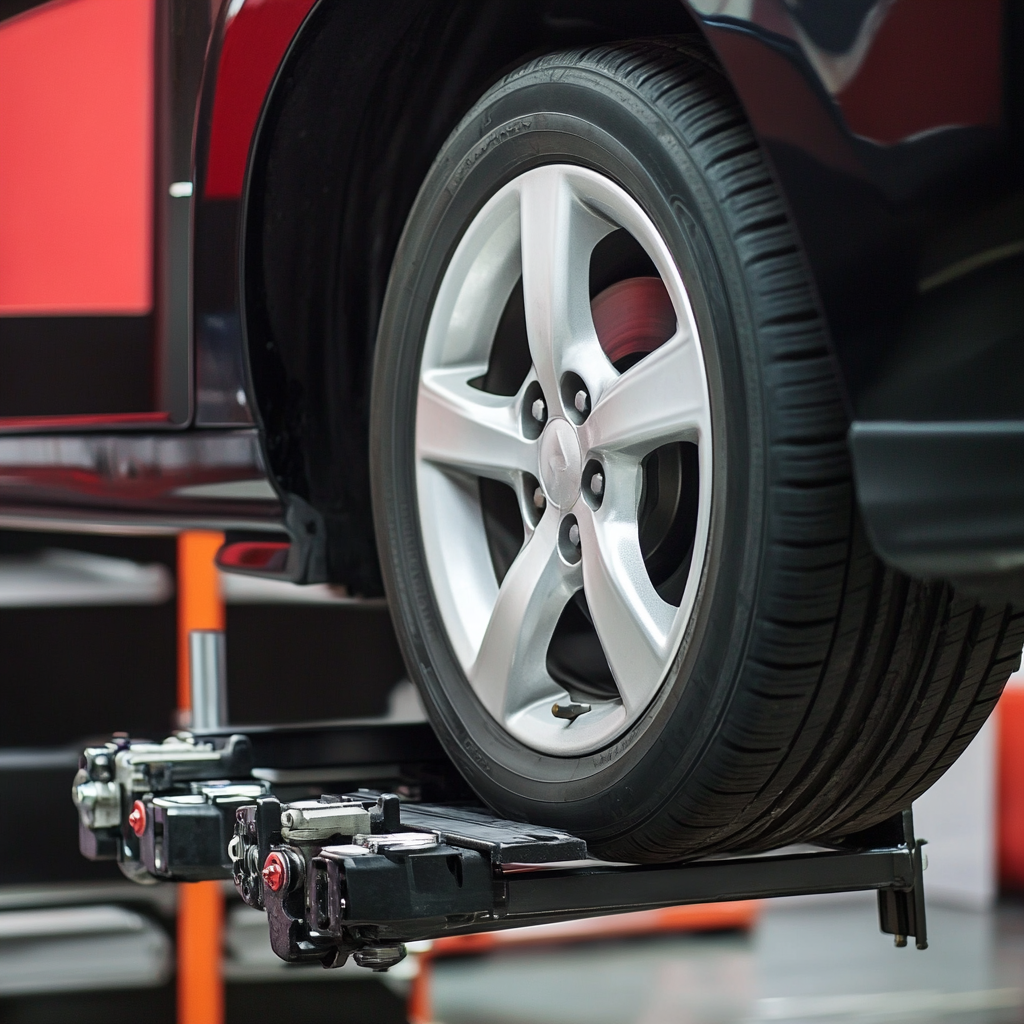When driving your vehicle every day, it’s easy to get used to unusual quirks and noises without giving them a second thought. Unfortunately, ignoring some of these signs can lead to car trouble over time. To avoid any unnecessary and costly trips to the mechanic, we’ve put together a list of some telltale signs you should be mindful of that could indicate that your vehicle’s brakes are beginning to fail. If you do find that you are in need of auto repair in Philadelphia, PA, do not hesitate to reach out by giving us a call or stopping by for a visit!
Increased Stopping Distance
If you’ve been driving and have noticed that it is taking a long time for your vehicle to stop, then this could be a clear sign that your brakes are failing. While you may not be fully aware of how long your vehicle usually takes to stop after hitting the brake, any time that it seems it requires much more effort or force definitely is a sign that there is an issue with your brakes. We suggest taking your vehicle to a mechanic so that they must assess the situation in more depth. It’s important not to ignore this sign as it could put your own safety at risk.
High-Pitched Noises
There is little else more embarrassing than driving people around only to have your brakes make an unpleasant squeaking, knocking, or grinding sound every time you stop or slow down. Truthfully, the issue could be much more serious than you realize. If you notice your brakes making a high-pitched whining after stepping on it, then this could mean that your vehicle’s brake pads are wearing down. We suggest getting them changed as soon as you encounter this noise!
Brake Grabbing
If when you are driving you notice that your vehicle has begun pulling to one side after braking, this could mean a few things. It could mean that your vehicle has a faulty brake hose, and it also could mean that there is a pressure imbalance in your brake’s calipers. Whichever one it is, your vehicle will definitely require some maintenance in order to get things sorted out.
Spongy Brakes
When out on the road, if you find that you are pressing your brake only to have to need to press it even further then this could be a sign of spongy brakes. Spongy brakes occur when there is a moisture build-up within the master cylinder and brake fluid. If you are finding that you need to press the brake pedal to the floor in order to stop properly, we suggest taking your vehicle somewhere for a closer look.
Brake Pulses
If when you press your brake, you feel like you are receiving some pulse-like feedback then this may signify a warped brake rotor. This does not mean that your brake rotor is broken, however, it could also be that it was improperly installed.
Learn more about our expert auto repair in Philadelphia, PA!





